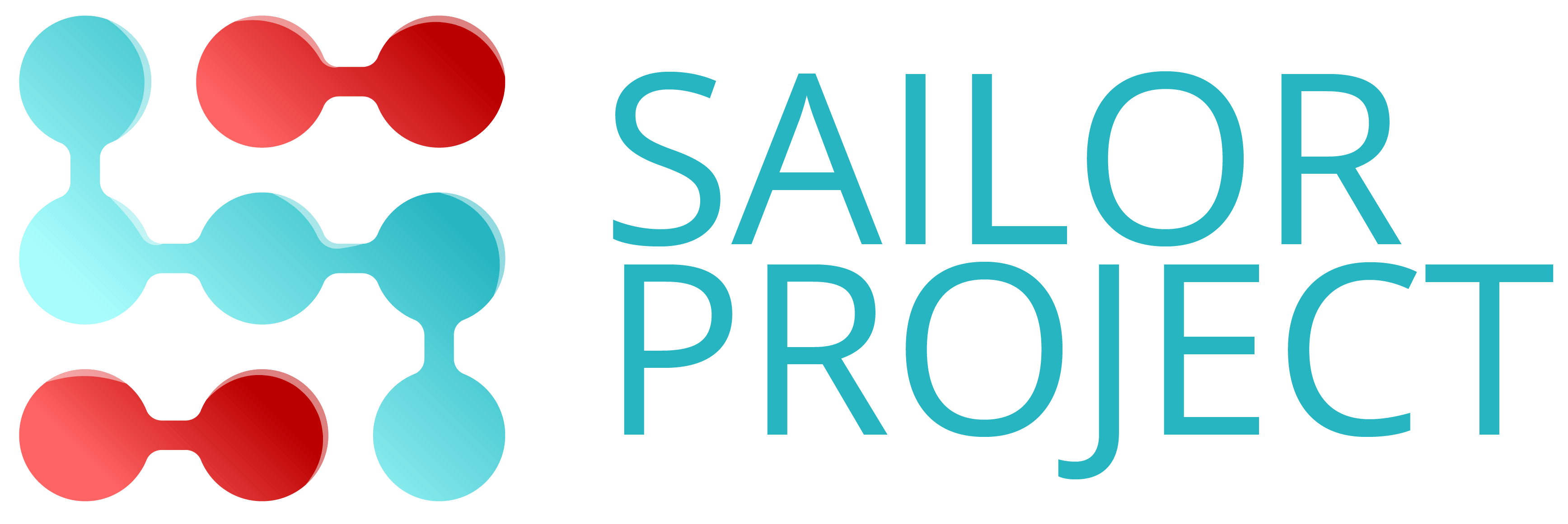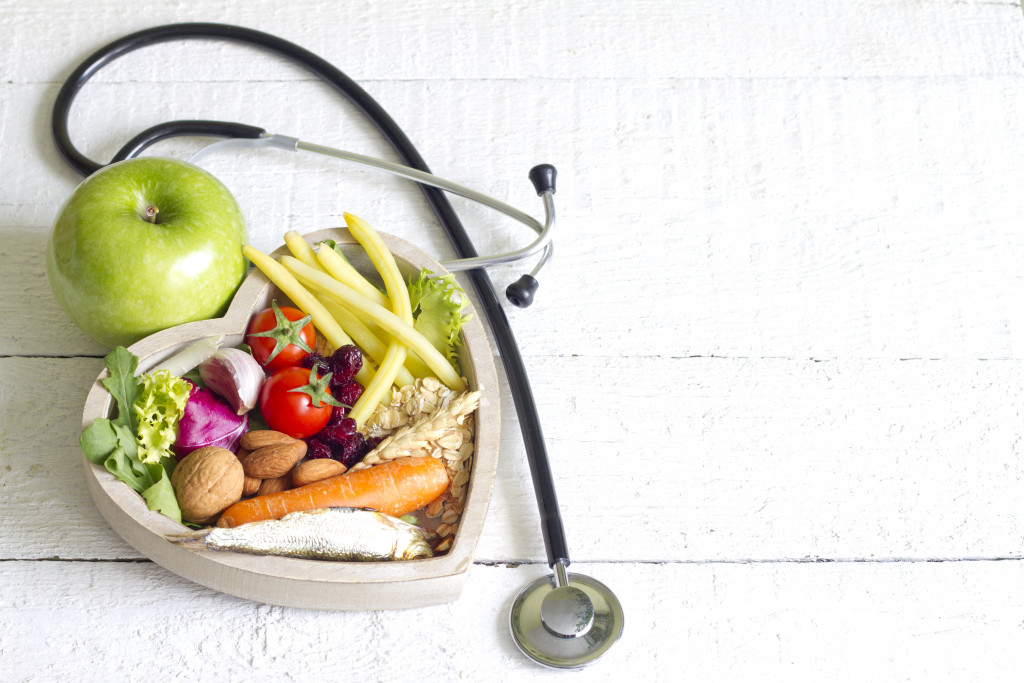Food should not be complicated. Humans need to eat enough food throughout the day to survive and gain the energy to perform different tasks. Yet, it is.
Diets vary from culture to culture, and everyone has their own preferences. Some do not eat meat and animal by-products; others cannot eat seafood because they are allergic. Certain individuals consume ready-to-eat meals from fast-food chains, delivery services, and canned goods regardless of nutritional value.
Food for Health
Over the years, scientists have discovered that food is more than just fuel. It is how people gain the vital vitamins and nutrients to ensure regular physiological functions and prevent illnesses.
Yet, the vast majority in the developed world, where access to food and food options is not often a problem, tend to consume high calories, saturated fat, and refined sugar but low in nutrition and fiber content. The Western diet is considered to be unhealthy because it is directly linked to the occurrence of obesity, diabetes, high blood pressure, heart disease, certain cancers, and a number of other illnesses.

People are advised to consume a balanced diet that includes eating various fruits, vegetables, lean meats, grains, seeds and nuts, and healthy fats. Experts also recommend avoiding processed goods.
People who do not get enough nutrition from their diets because of their busy schedules or dietary restrictions due to an underlying medical condition have other options. They can take oral supplements or, better yet, for improved absorption, get the correct dose of vitamins and minerals through an intravenous (IV) drip. Companies like Cure Wellness will send trained professionals to administer drips filled with the client’s unique nutritional needs.
It is a quick and effective solution, but health is an ongoing mission. People need to change their eating habits to be strong, prevent illnesses, and live a long life. Here are the best ways to get the most nutrition out of food.
Know How to Better Prepare Produce
Vegetables contain high amounts of vitamins and minerals. However, after meal preparation, not all those nutrients are retained. Some nutrients are lost through frying, steaming, or boiling.
Not all vegetables should be eaten raw, and there are ways they can be prepared without losing essential vitamins and minerals. You have to figure out how to better prepare them in ways that you can retain their nutrients.
There are, for example, vegetables that are heat-sensitive and, therefore, would be better consumed raw. Vitamins B1, B5, C, and folate are broken down by heat. Those with these nutrients, such as peas, broccoli, cauliflower, kale, spinach, bell peppers, and Brussels sprouts are more nutritious raw than cooked. However, some of these vegetables taste better cooked. The best way to cook them without losing nutrient content is using the lowest setting of your stove and avoiding exposing them to too much water.
Learn to Better Store Fruits

Fruits also degrade over time in storage. The ambient temperature, exposure to sunlight, and oxygen cause nutrient loss. It is necessary that you find ways to keep your produce fresh so that you can reap all the healthy benefits.
Of course, the best thing to do is to eat fruits immediately. The longer you store them, the more nutrition they lose. All fruits, except berries, can be stored at room temperature but make sure that they are away from direct sunlight. Placing fruits in the middle of the kitchen, while accessible and visible, can expose them to light which contributes to nutrient loss.
If you are not yet ready to eat the fruit, do not cut it yet. Cutting exposes the fruit to oxygen. In particular, vitamin C, an antioxidant, decays through oxidation. But if you have to cut a fruit for any reason, place it in an airtight container and squeeze a little lemon juice on top.
Figure Out Ideal Food Pairings
Some nutrients work best in pairs. For example, the carotenoids in bell pepper, broccoli, and carrots are better absorbed by the body when mixed with healthy fats such as olive oil or canola oil. That is because carotenoids are fat-soluble. Meanwhile, folate, a nutrient typically in high concentrations in dark green leafy vegetables such as spinach and kale, works well by adding vitamin C. A squeeze of lemon in your salad will activate folate and help the body absorb the nutrient.
People need to pay better attention to what they are eating. If their health is highly dependent on whether they are getting ample nutrition or not, they need to be aware of what they take in.





